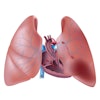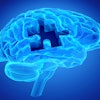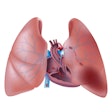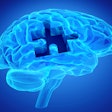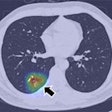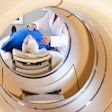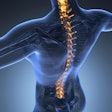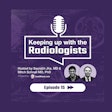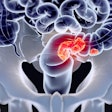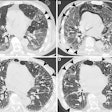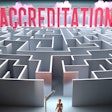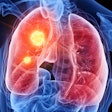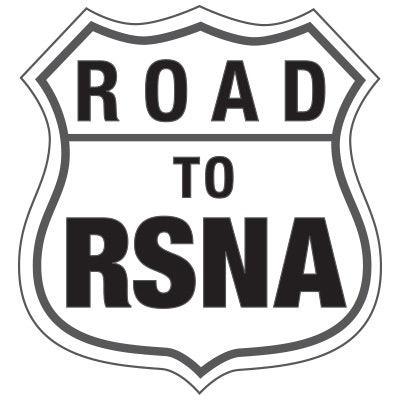
CT has been a mainstay of medical imaging since the modality got its start in the 1970s. The plethora of scientific presentations centered around CT at this year's RSNA conference speaks to the modality's impressive resilience.
Continuing to push the boundaries of what CT can offer, researchers from across the globe have been hard at work on new developments. Artificial intelligence algorithms, computer-aided detection, and updated protocols are just a few of the tools that have helped curtail CT radiation dose -- one of the modality's key concerns -- while also boosting image resolution.
This march toward safer, higher-quality imaging is exemplified in the ongoing development of ultrahigh-resolution CT scanners. Early studies testing the technology have proved promising, reporting markedly enhanced spatial resolution at relatively low radiation doses.
Coronary artery disease will be one of the primary conditions discussed at RSNA 2018 in light of the growing collection of options for heart imaging. Coronary CT angiography, fractional flow reserve, and CT perfusion all offer distinct advantages in identifying heart disease as well as potentially predicting future adverse events. Several presenters and educators at the meeting will detail the pros and cons of these and other CT techniques as they seek to pinpoint the best use for each.
With the release of positive new results from the large-scale Dutch-Belgian Randomized Lung Cancer Screening (NELSON) trial still hot off the presses, it's no surprise that CT lung cancer screening is positioned to be a major talking point at the conference.
What factors are limiting individuals' access to screening? How might artificial intelligence and computer-aided detection improve the efficiency of reviewing CT screening exams? Could a different imaging modality be better-suited for the task? More than a few researchers will strive to address such pressing issues.
A selection of notable presentations relevant to the CT community have been handpicked and described in the list below. For a complete catalog of scientific abstracts and educational programs, view the RSNA 2018 meeting program.
